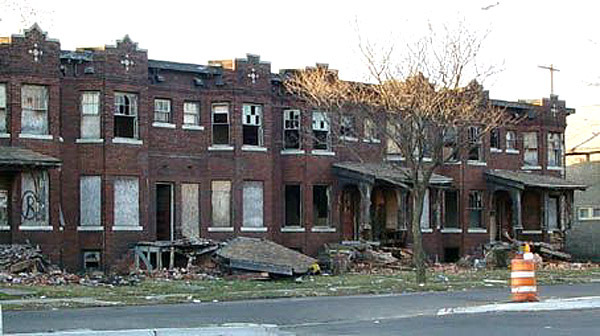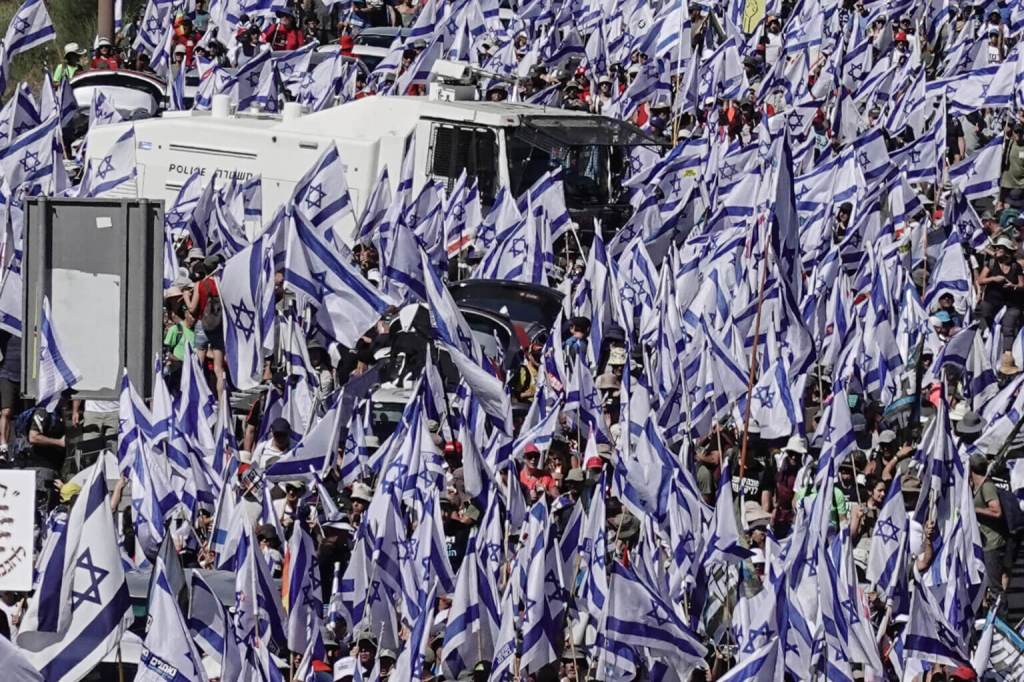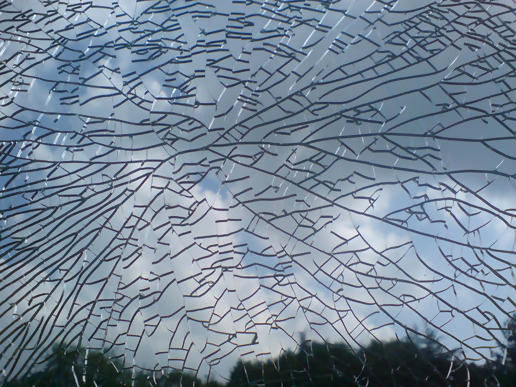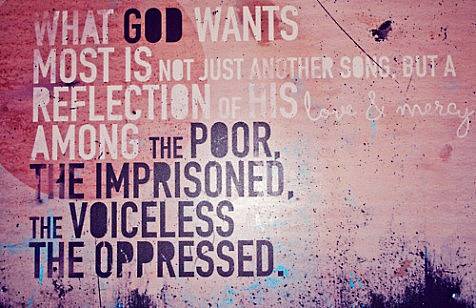
Lamentations, Chapter 1
1. Our home lies ravaged.
The glory it once knew
has always been a sham,
a hollow shell
masquerading as greatness.
The truth is now so very plain
for all the world to see.
2. Late into the night we weep
mourning for a past that never was.
No one comes to comfort,
for there is no comfort to be had.
3. There are no more friends,
no more enemies,
only this desolation and emptiness
from which we can no longer
look away.
4. For now we know
we’ve been in exile all along,
comfortable in our illusions
of homeland security
even as we wandered mindlessly
into dark and narrow places.
5. But now the roads are closed to us.
There is no safe passage,
in truth there never was.
We can only sigh in helplessness,
turn around, and walk away
from the place where we began.
6. The oppressed is now the oppressor,
and the oppressor, the oppressed.
We have no one left to blame,
no more battles to be won
no enemies to fight,
no terrorists to eradicate
once and for all.
7. Truly, all we once valued
were mere delusions.
Our strength was nothing but dread,
our might, our weakness,
our victories, celebrations of vanity
to avoid the awful truth
of our powerlessness.
8. How easy to point the finger of blame
so that we might avoid
our own culpability
in this destruction,
this ruin that has now
blown back upon us.
9. How deep the shame
that comes with this terrible knowledge.
How can we not have known
what others must have known
or seen what others must clearly have seen?
What must they think now
that we have sunk so low?
10. For we assumed a future of plenty,
presuming our prosperity
was somehow our entitlement.
But this plenitude was never ours to claim.
Now it is all gone
and our children face a future
of scarcity and want.
11. Please, when you pass us along the road
do not look away as we once did,
from the poor and wretched souls
crouching on street corners.
We do not seek your pity –
We only ask that you look
deep into our eyes and let our grief
sear into your soul.
12. May you never know the trembling
that goes deep into your bones,
to the core of all you once thought
was true and enduring
and unshakeable.
May you never turn a corner
only to be hurled down,
with no safety net to break your fall.
13. For so long we’ve been unable to feel
the hangman’s noose
that has slowly been tightening
around our throats.
We’ve learned how to live
never knowing that our very breath
has been slowly ebbing away.
14. All who we thought to be heroes
have betrayed and abandoned us.
The real heroes languish
in prisons and unmarked graves.
There is no one left
to save us now.
15. For all this and more do we weep:
For that which never was,
and that which might have been.
For our complacency and complicity,
our willful blindness,
our readiness to look away
from that which must be faced.
16. We are now beyond comfort.
Beyond feeling.
We stumble endlessly
with only the desperate hope
that somewhere in this emptiness
we might still discover
a new way forward.
17. Is it possible that this way
was before us all along?
How easy, how effortless it was
to turn away, to go down this path
that has lead to our destruction,
to this pain that will never end.
18. My family, my friends,
my teachers, all are gone.
Those of us who supported one another
in faith and love
now fend for themselves.
Truly, there is no one left
for us to turn.
19. Thus we cry
into this this empty waste:
is there be a source of strength
that still hearkens to the pain
of those who have
nowhere to go?
20. Oh, move us from this place
of wretched misery,
the devastation we have wrought
and the guilt that spreads through us
like a plague.
21. We are ready to shoulder the blame,
to accept our responsibility.
We just don’t know
how to unburden ourselves
from this awful shame and loathing
that blocks the way forward.
22. For now it is all we can do
to send forth our pain
that it might somehow renew our days,
not as they were before,
but rather as they somehow
might be.




